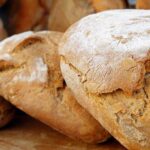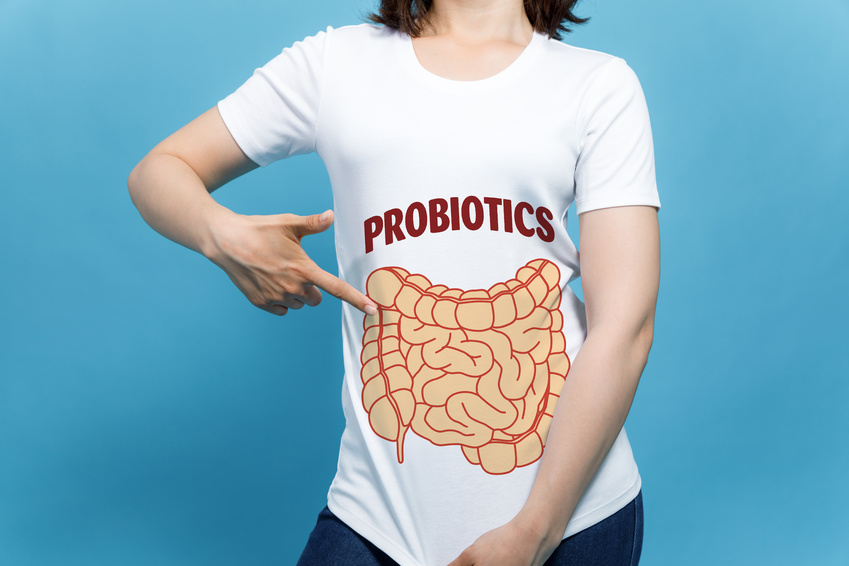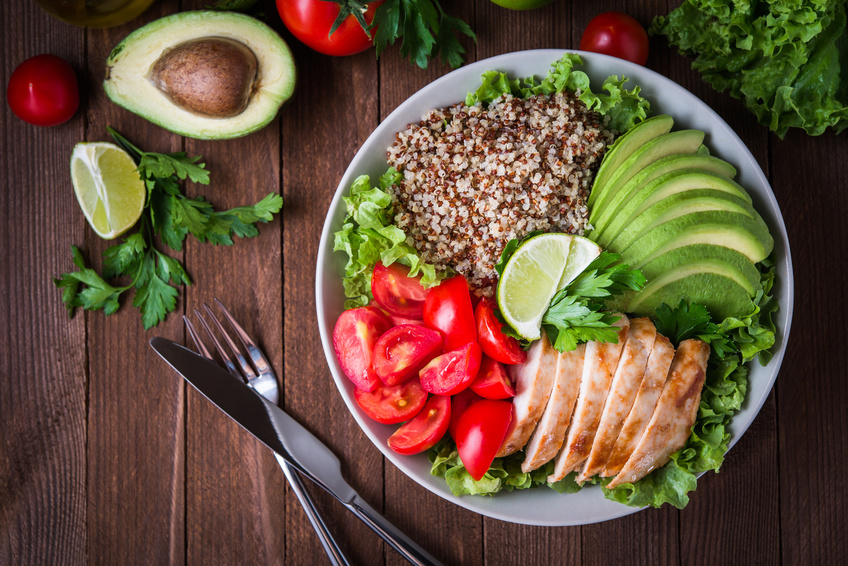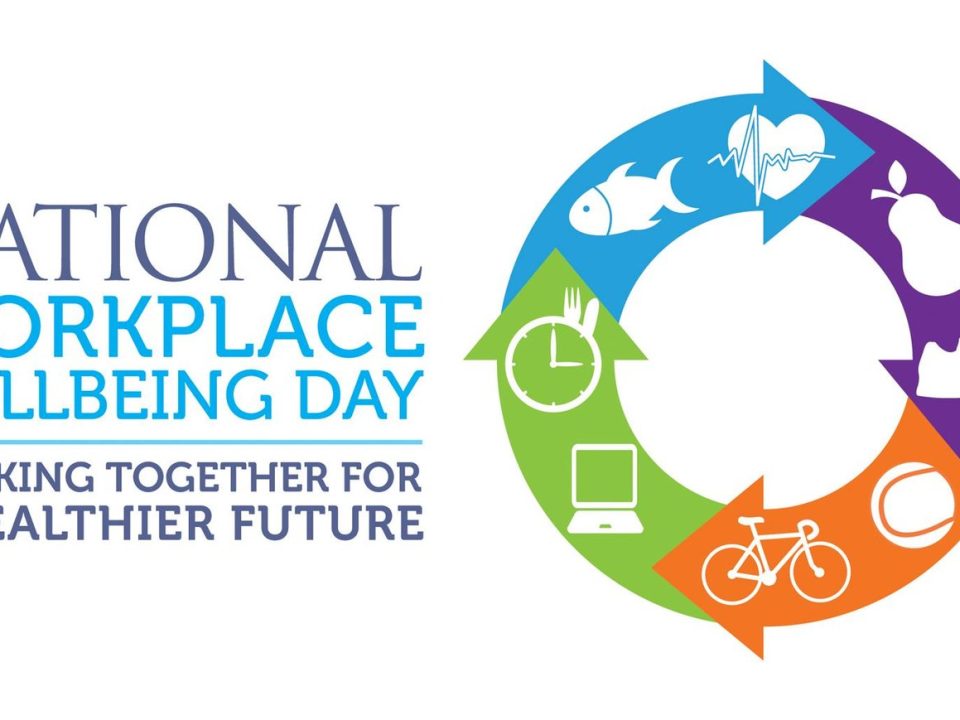Oestrogen metabolism
April 1, 2022Beat the bloat this summer and optimise your digestion
June 10, 2022 The number of people avoiding gluten and wheat has hugely increased in recent years, with 1 in 5 of us now regularly buying gluten free products. As demand rises, so does the availability of all sorts of gluten free products, from bread to jellies and everything in between. But is it really better to avoid wheat and gluten or is this just a passing fad?
The number of people avoiding gluten and wheat has hugely increased in recent years, with 1 in 5 of us now regularly buying gluten free products. As demand rises, so does the availability of all sorts of gluten free products, from bread to jellies and everything in between. But is it really better to avoid wheat and gluten or is this just a passing fad?
The difference between gluten and wheat
Gluten is a naturally occurring protein found in a number of different grains, including wheat of all forms, rye and barley. Oats do not contain gluten but can be processed in factories with gluten containing grains. This means many people who cannot tolerate wheat or gluten may need to choose gluten free oats.
Avoiding gluten means cutting out a bigger range of foods than just wheat. Wheat is found in most breads, pasta, cakes, biscuits. Couscous, semolina, durum and spelt are all made from forms of wheat, as are most beers.
Both gluten and wheat are added to many different types of processed foods, as they help to give food structure (think a chewy pizza dough or spongy bread) or help to thicken soups, sauces and ready meals.
Who needs to avoid gluten?
Coeliac disease is an auto immune condition where a person has an immune reaction to all gluten, which damages their gut lining and impairs their ability to absorb nutrients. Coeliac disease is more common in Ireland and in people of Irish descent. The Coeliac Society of Ireland estimate that there are 50,000 people in Ireland (1%) with coeliac disease. While some people develop this in childhood, many others do not develop coeliac disease until well into adulthood.
Anyone who has coeliac disease needs to follow a strict gluten free diet for the rest of their lives. The most common symptoms are gut issues, fatigue, weight loss, anaemia and / or mouth ulcers, but of course these can also be caused by many other issues. Coeliac disease also has a strong genetic component. Consider it if you have any of these symptoms and have a close family member who is coeliac.
If you suspect that you have coeliac disease, your first port of call should be your GP for a blood test to test for anti tissue transglutaminase and anti endomysial antibodies. If this is positive, a biopsy will give a definitive diagnosis. However, you must be eating gluten for the test to be accurate.
Why else might you need to avoid wheat or gluten?
The Coeliac Society of Ireland estimate that a further 400,000 people have a gluten intolerance. This is also called non coeliac gluten sensitivity. It is still less well understood but can cause lots of discomfort and even non-gut symptoms like brain fog when people eat gluten.
Some possible reasons why you may not tolerate wheat or gluten well include
- Too much wheat. Many of us are eating wheat at most meals – a wheat-based cereal or toast for breakfast, a sandwich or wrap for lunch and pasta or noodles for dinner. Modern wheat varieties have been bred for higher yield. This higher gluten content is harder for us to digest than more traditional varieties like spelt.
- They are also processed with additives and emulsifiers that are problematic for some people, especially if eaten frequently. Try limiting wheat to one meal per day and eating sourdough instead of standard bread. The natural fermentation process involved in good quality sourdough bread helps to make grains more digestible and removes the need for additives. Keep a food diary to see if this helps reduce symptoms
Also consider…
- You may have Small Intestinal Bacterial Overgrowth (SIBO). This is a common cause of IBS where a build-up of bacteria in the small intestine causes intestinal issues. Wheat and other high FODMAP foods including dairy, garlic, onions and pulses can trigger symptoms. Consider SIBO if you have IBS symptoms that might be improved but not completely alleviated if you cut out wheat or gluten. This can be confirmed with a simple breath test
- Many people with auto immune disease and inflammatory bowel disease may benefit from following a gluten free diet due to it’s effects on the microbiome and immune system. Get in touch with us to find out more.
What about intolerance testing?
Many people who suspect they have a problem with wheat or gluten may have tested positive to a wheat or gluten intolerance, usually done on a pin prick blood test. This is not necessarily a long-term problem and is often a sign of a bacterial imbalance or intestinal permeability (leaky gut), where your gut has been damaged. This is especially likely if you have tested positive to multiple foods. It is important to get to the root cause of the issue rather than following a very restrictive diet longer term. Try avoiding the 3 or 4 foods you reacted most strongly too for 8 weeks and take a simple probiotic. If this does not help or you are struggling to balance your diet, get in touch with us if you would like to know more about stool testing to identify a possible root cause of your digestive issues.
Is there any problem in just cutting out gluten?
Eating small amounts of wheat, rye and barley as part of a balanced diet can provide fibre, vitamins and minerals. However, you can of course survive perfectly well without gluten. If you are planning to cut it out, it’s important to replace it with naturally gluten free whole grains or carbs, like rice, potatoes and sweet potatoes, quinoa, teff, millet…
Many gluten-free foods now available including most breads are highly processed and as unhealthy as their gluten-containing counterparts. Gluten free cakes are still cakes! Chose foods with a short and natural ingredient list and look in the health section of good supermarkets or in your local health food store. Try our gluten free linseed bread and gut friendly bread for easy and healthy gluten free breads to make yourself.
If you do need to follow a gluten free diet long term, get some dietary support to make sure that your diet is balanced and that you are getting enough nutrients. This is especially important for children or anyone with other underlying health issues.
What to do if you suspect you have an issue with wheat or gluten
- Check your family history
- Keep a food diary to track symptoms
- Test for coeliac disease if appropriate
- Then try an exclusion diet for 6 – 8 weeks
- If not coeliac, reintroduce some wheat or gluten and note any changes in symptoms
- Consider introducing a probiotic for persistent gut issues
- Get in touch for help to build a balanced diet that suits you
Easy gluten free meal plan
| Breakfast | Gluten free porridge or granola with natural yoghurt and berries |
| Lunch | Baked potato and salad OR Mediterranean lentil salad |
| Dinner | Salmon burgers with roast veg or salad and home made potato wedges |
| Snack | Rice cakes with nut butter / hummus |
If you would like more information about the services we offer, including testing, please get in touch.


